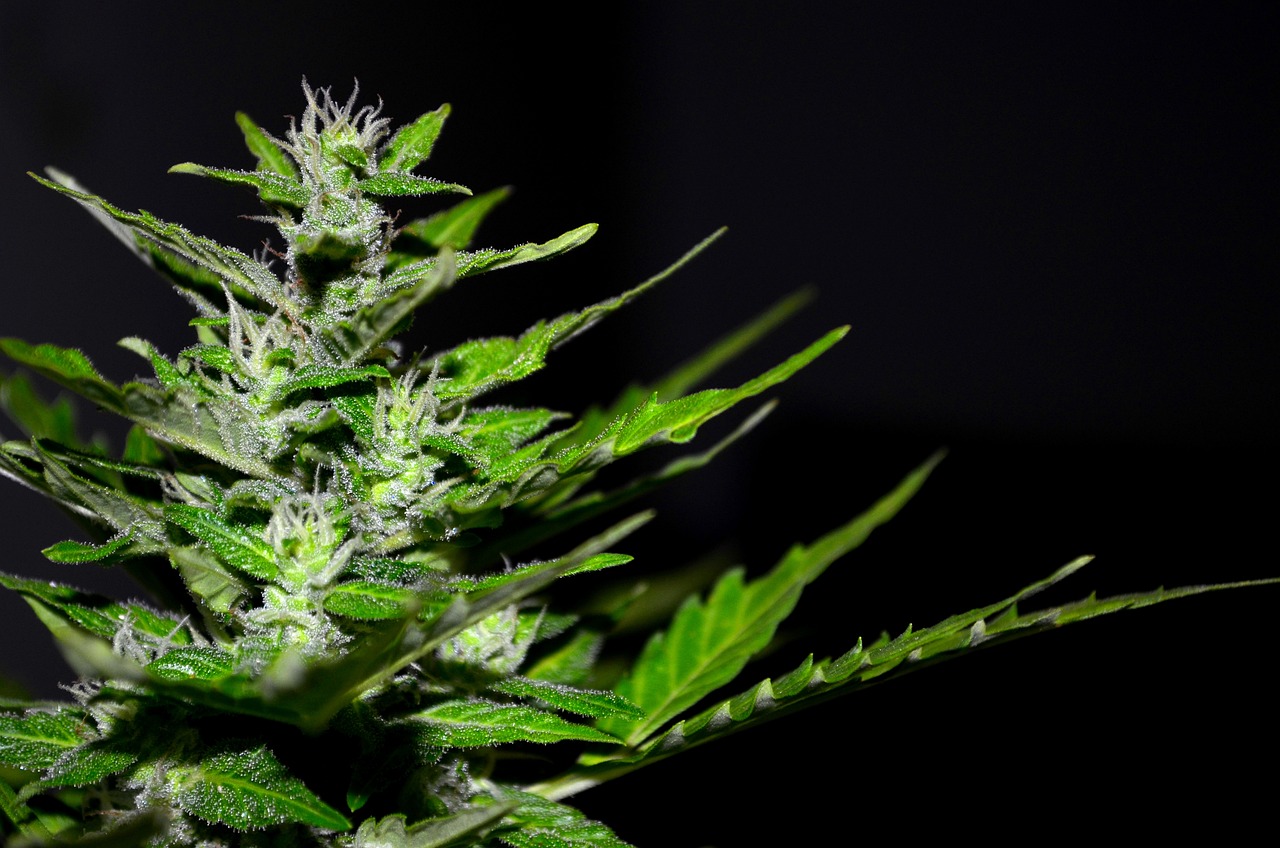
-
Table of Contents
Discovering THCA Flower: The Future of Hemp and Health
The world of hemp and cannabis is evolving rapidly, with new discoveries and innovations emerging regularly. One such innovation is the THCA flower, a non-psychoactive compound found in raw cannabis. This article explores the potential benefits, uses, and future implications of THCA flower in the context of health and wellness.
What is THCA?
THCA, or tetrahydrocannabinolic acid, is a cannabinoid found in raw and live cannabis plants. Unlike THC, which is known for its psychoactive effects, THCA does not produce a “high.” This makes it an attractive option for those seeking the therapeutic benefits of cannabis without the mind-altering effects.
How THCA Works
THCA is the precursor to THC. When cannabis is heated through smoking, vaping, or cooking, THCA undergoes decarboxylation, converting into THC. In its raw form, THCA interacts with the body’s endocannabinoid system, potentially offering various health benefits.
Health Benefits of THCA Flower
Research into THCA is still in its early stages, but preliminary studies and anecdotal evidence suggest several potential health benefits:
- Anti-inflammatory Properties: THCA may help reduce inflammation, making it a potential treatment for conditions like arthritis and inflammatory bowel disease.
- Neuroprotective Effects: Some studies indicate that THCA could protect brain cells, which might be beneficial for neurodegenerative diseases such as Alzheimer’s and Parkinson’s.
- Anti-emetic Benefits: THCA has shown promise in reducing nausea and vomiting, which could be helpful for patients undergoing chemotherapy.
- Antioxidant Properties: The compound may act as an antioxidant, helping to protect cells from damage caused by free radicals.
Case Studies and Research
Several case studies and research projects have highlighted the potential of THCA:
Case Study: THCA and Epilepsy
A study conducted by the University of California, San Francisco, examined the effects of THCA on patients with epilepsy. The results showed a significant reduction in seizure frequency, suggesting that THCA could be a valuable addition to epilepsy treatment protocols.
Research on THCA and Inflammation
A study published in the “Journal of Pharmacology and Experimental Therapeutics” explored the anti-inflammatory effects of THCA. The researchers found that THCA reduced inflammation in animal models, providing a basis for further investigation into its potential for treating inflammatory conditions.
How to Use THCA Flower
There are several ways to incorporate THCA flower into your wellness routine:
- Raw Consumption: Adding raw THCA flower to smoothies or salads allows you to benefit from its properties without decarboxylation.
- Juicing: Juicing raw cannabis leaves and flowers is another method to consume THCA in its natural form.
- Tinctures and Oils: THCA can be extracted into tinctures or oils, providing a convenient way to measure and consume precise doses.
The Future of THCA Flower
The potential of THCA flower extends beyond individual health benefits. As research progresses, THCA could play a significant role in the broader cannabis and hemp industries:
- Medical Applications: With more research, THCA could become a standard treatment for various medical conditions, offering a non-psychoactive alternative to THC.
- Hemp Industry Growth: The cultivation and sale of THCA-rich hemp could provide new opportunities for farmers and businesses, contributing to economic growth.
- Regulatory Changes: As the benefits of THCA become more widely recognized, regulatory frameworks may evolve to accommodate its use, making it more accessible to consumers.
Conclusion
THCA flower represents a promising frontier in the intersection of hemp and health. With its potential anti-inflammatory, neuroprotective, anti-emetic, and antioxidant properties, THCA offers a range of benefits without the psychoactive effects of THC. As research continues to uncover its full potential, THCA could become a cornerstone of future medical treatments and a significant player in the hemp industry. The journey of THCA is just beginning, and its impact on health and wellness could be profound.